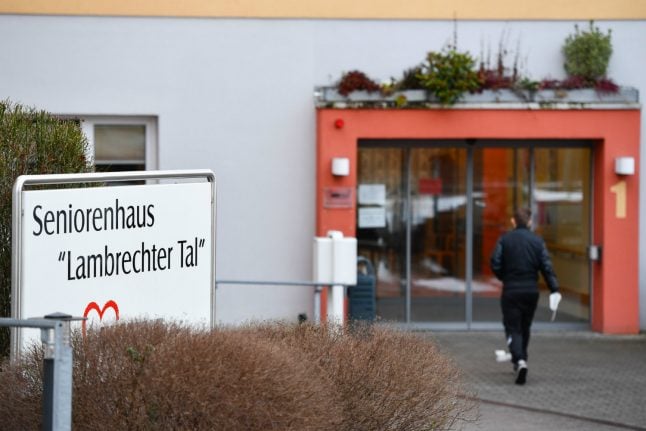The case could take on a larger dimension with investigators now looking into 40 deaths at the care home in the western town of Lambrecht.
The alleged crimes in the trial that opened Monday came to light when a co-worker discovered mobile phone footage of the abuse, according to DPA news agency.
The suspects, two men and a woman, stand accused of suffocating an 85-year-old woman with a pillow, after deliberately injecting her with insulin.
The two male defendants face a second murder charge for fatally injecting a 62-year-old woman with insulin.
All three are accused of attempted murder for allegedly trying to kill an 89-year-old woman with insulin and morphine injections, as well as a case of serious sexual assault.
The offences are said to have taken place in 2015 and 2016.
Prosecutors allege that the trio also mistreated the elderly in their care by throwing items at them and unnecessarily administering drugs such as laxatives, and took pictures and video footage of the abuse on their phones.
“The accused acted out of boredom. They wanted to exercise power over the residents out of base motives and malice,” prosecutor Herbert Stroeber was quoted as saying by Bild newspaper.
The trial is scheduled to run until the end of November, according to DPA.



 Please whitelist us to continue reading.
Please whitelist us to continue reading.